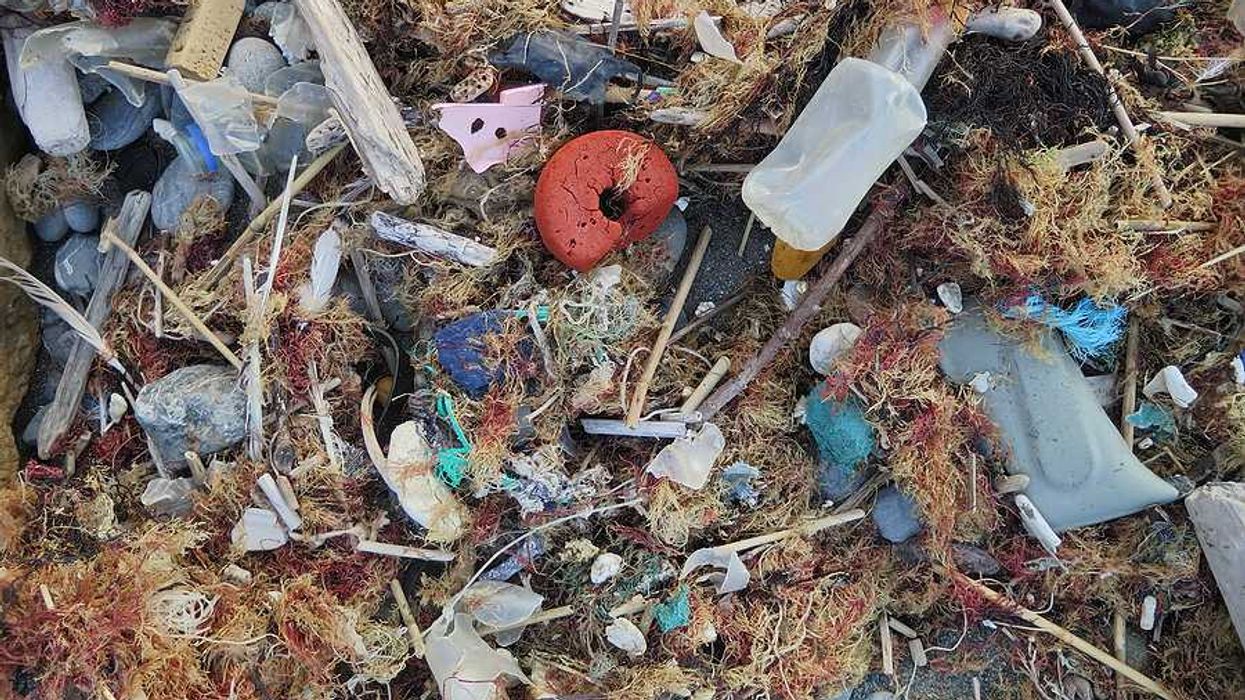At a recent Senate and Assembly environment committee hearing, experts highlighted the extensive spread and health risks of microplastics, urging legislative action to protect the public.
Sophie Nieto-Muñoz reports for the New Jersey Monitor.
In short:
- Microplastics are found everywhere, from everyday items to human tissues, indicating the need for more effective waste management policies.
- Despite widespread recycling claims, only about 10% of U.S. plastic waste is actually recycled, underscoring the inefficiency of current practices.
- Experts fear the health impacts of microplastics are profound, including a precipitous decline in human fertility and hormonal disruptions.
Key quote:
“If I told you IQ dropped 1% per year, you would be really concerned. I think we should be really concerned about this decline [in human fertility].”
— Shanna Swan, EHS senior scientist and environmental and reproductive epidemiologist at the Icahn School of Medicine at Mount Sinai.
Why this matters:
Microplastics represent a silent crisis, infiltrating our bodies and ecosystems with potentially disastrous health outcomes. Read more: Are microplastics invading the male reproductive system?














